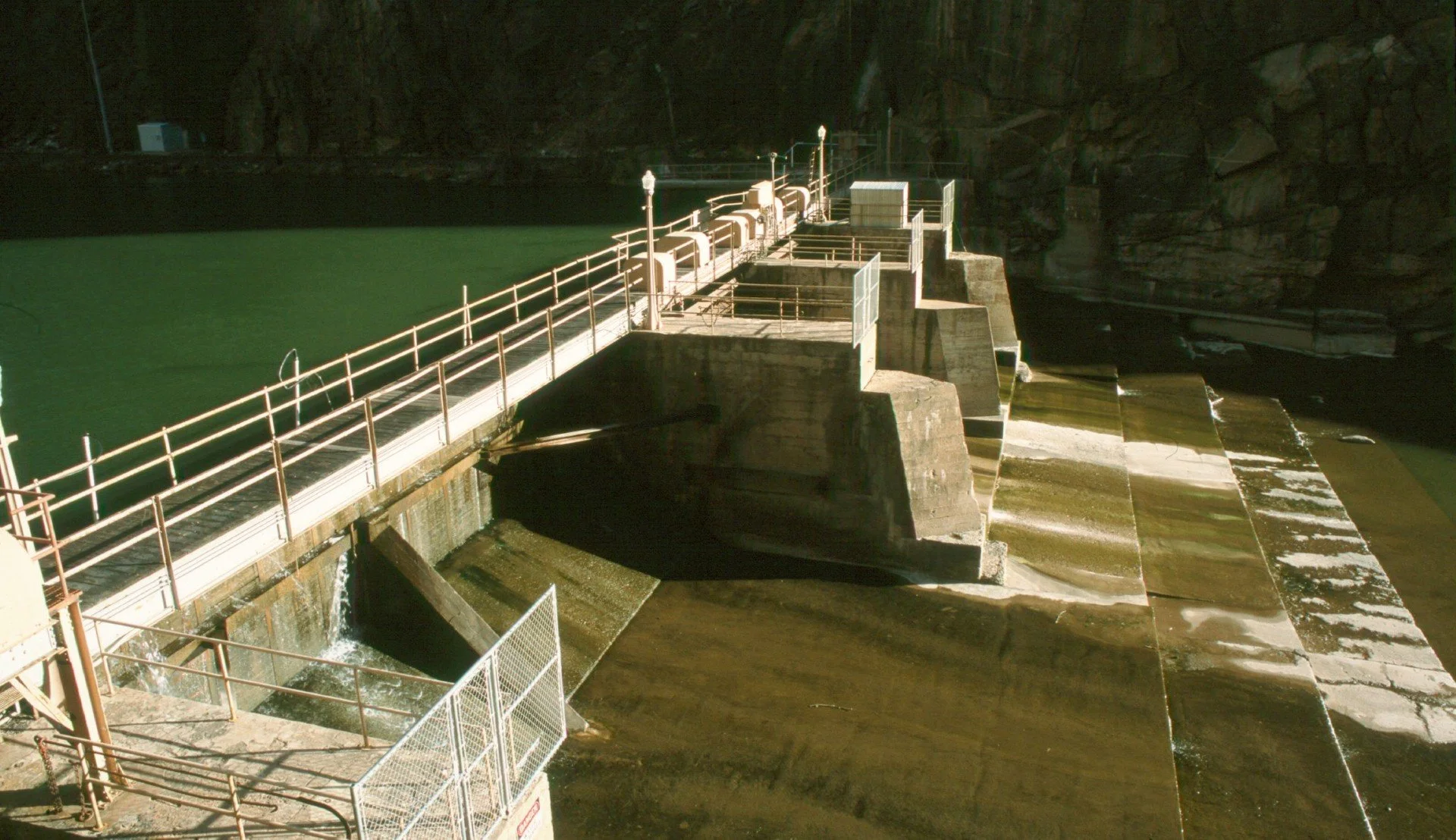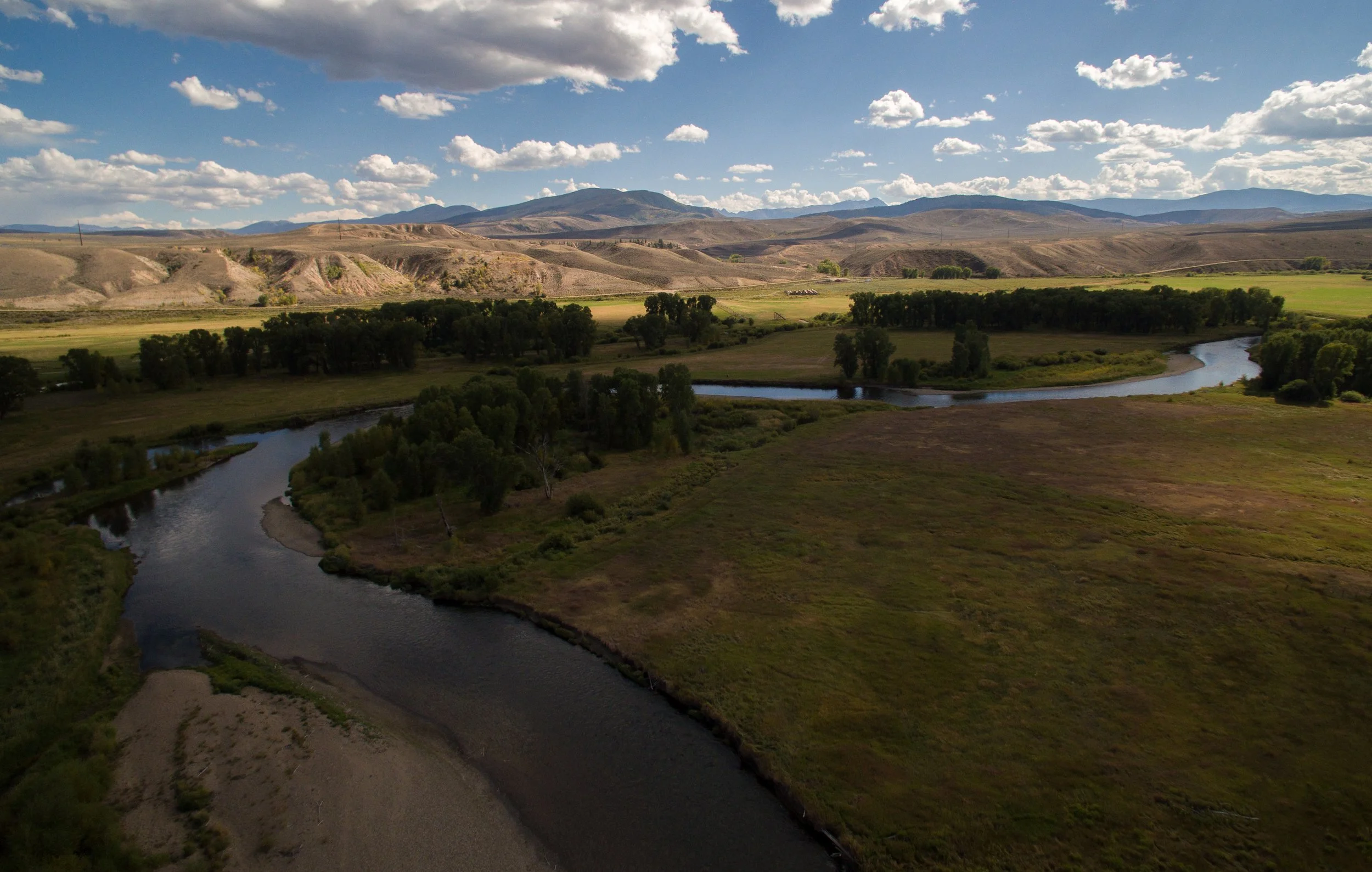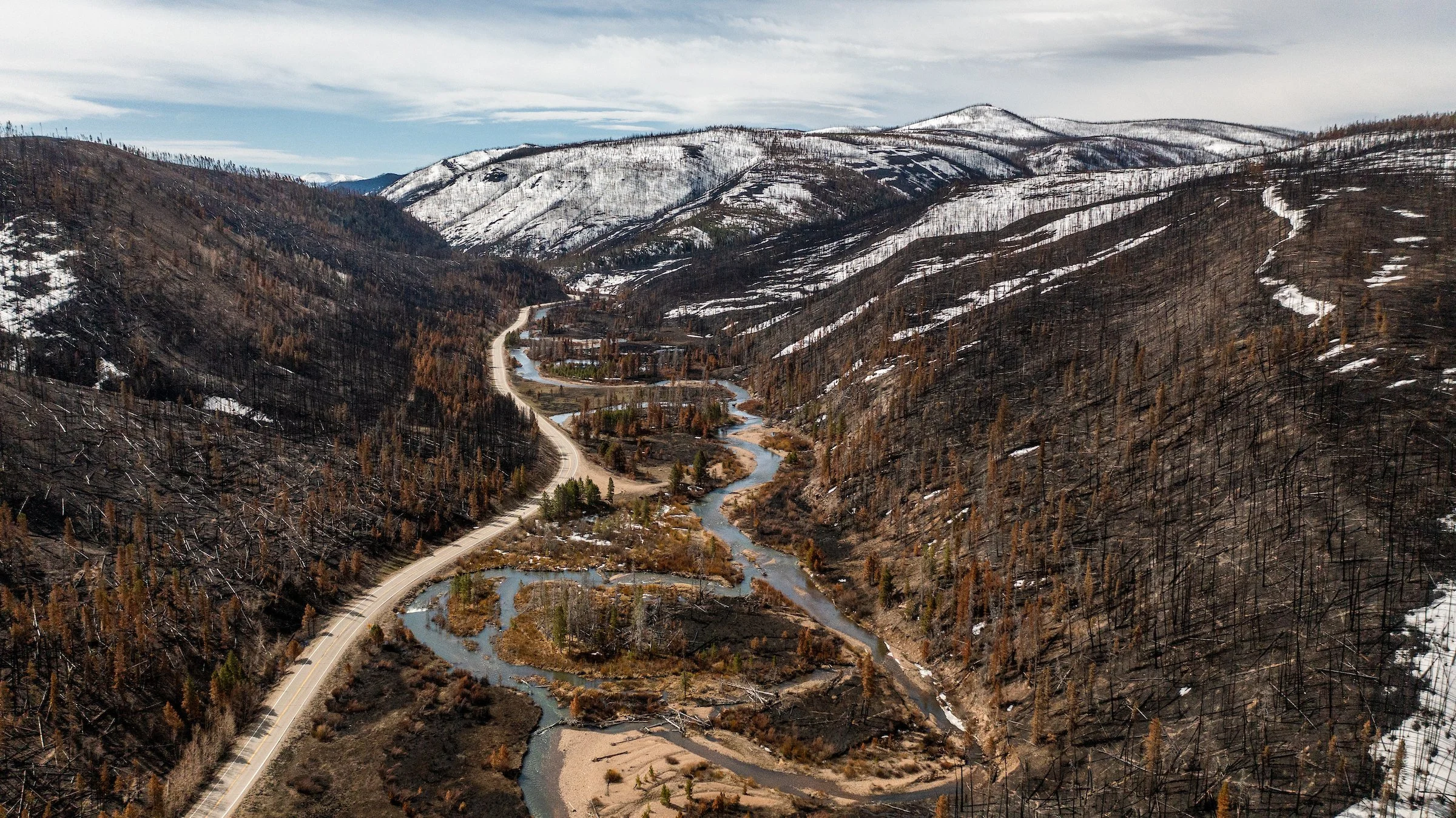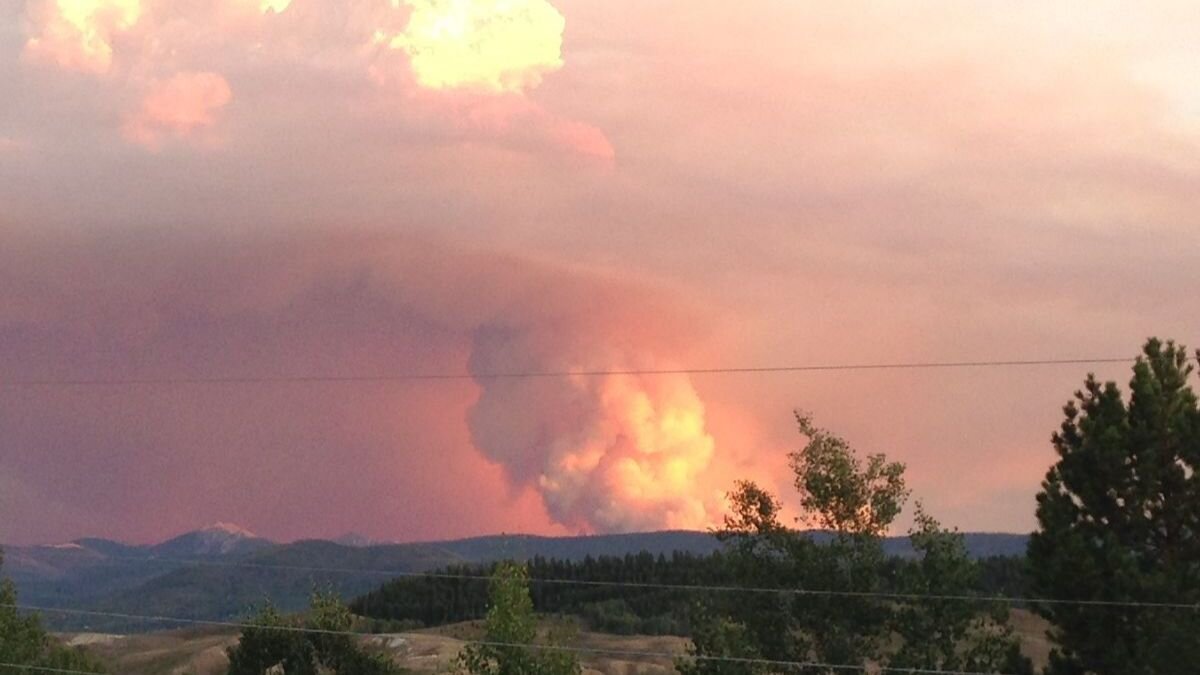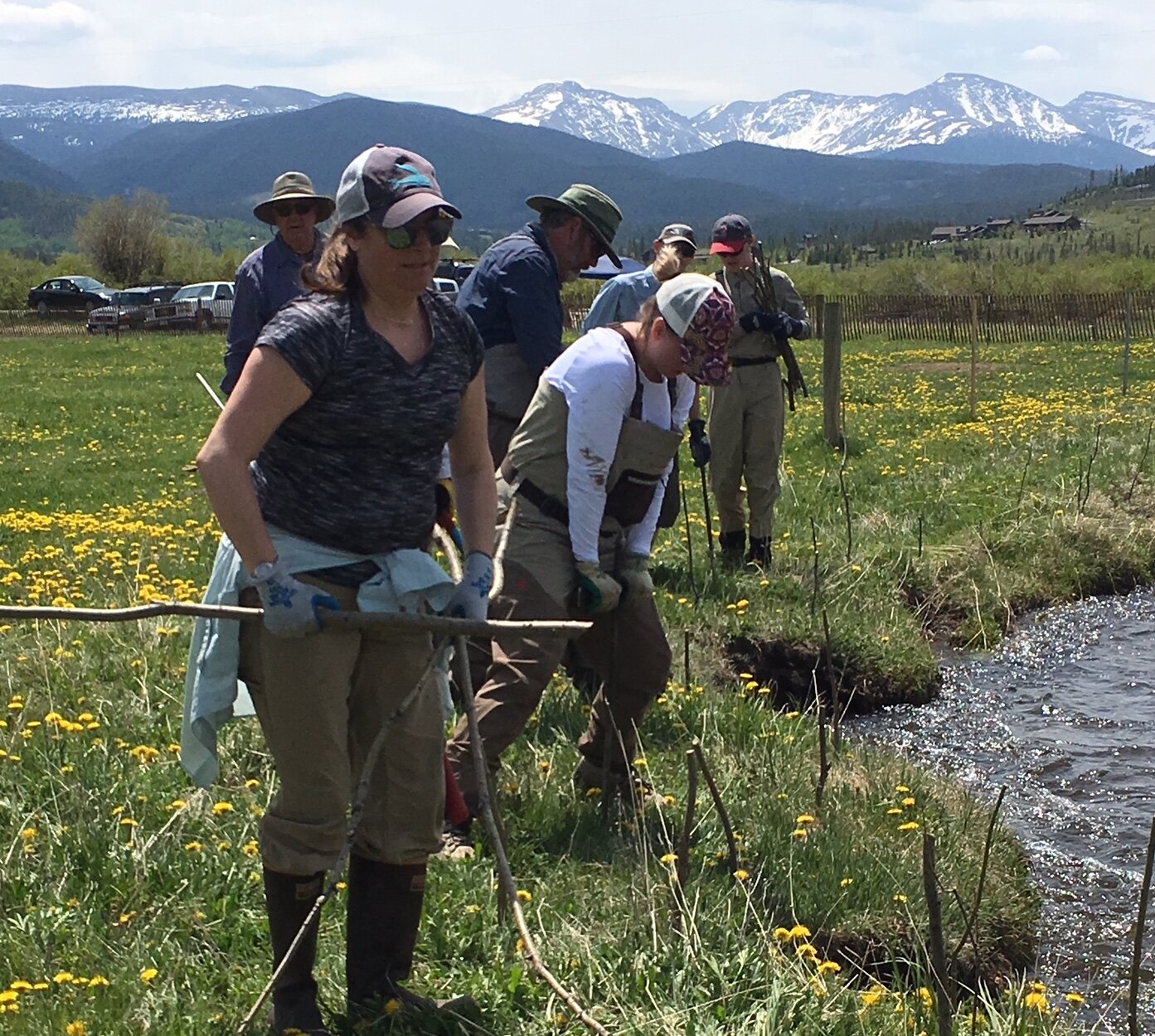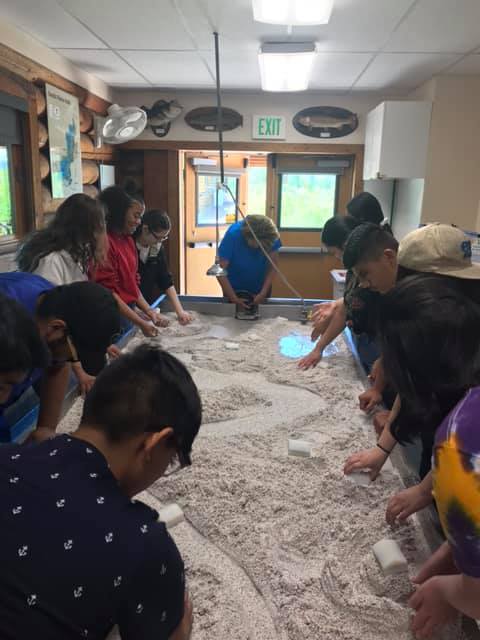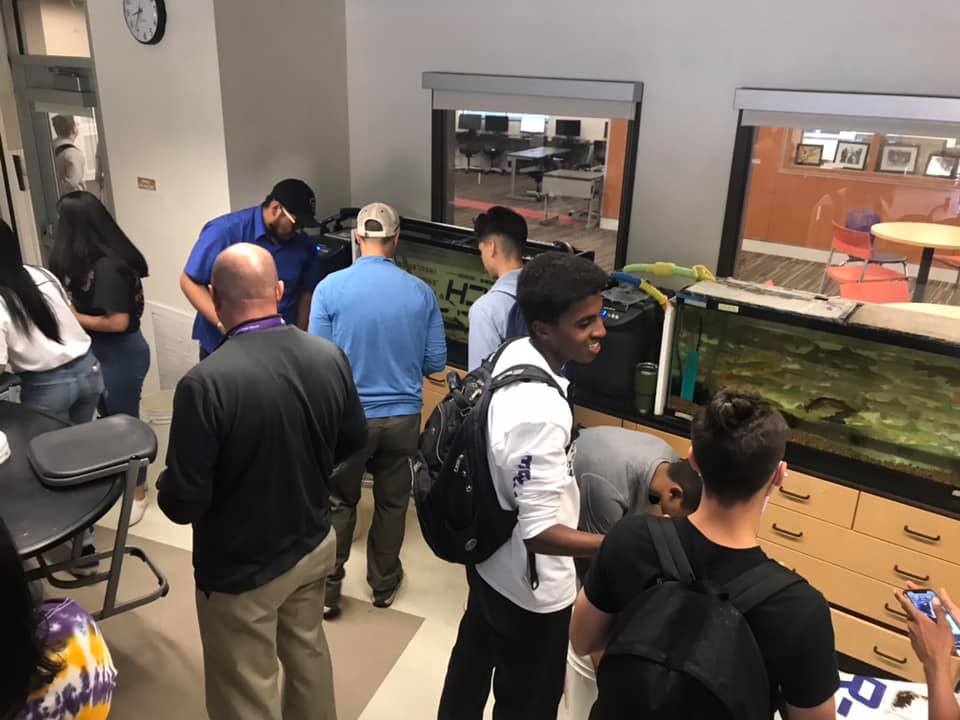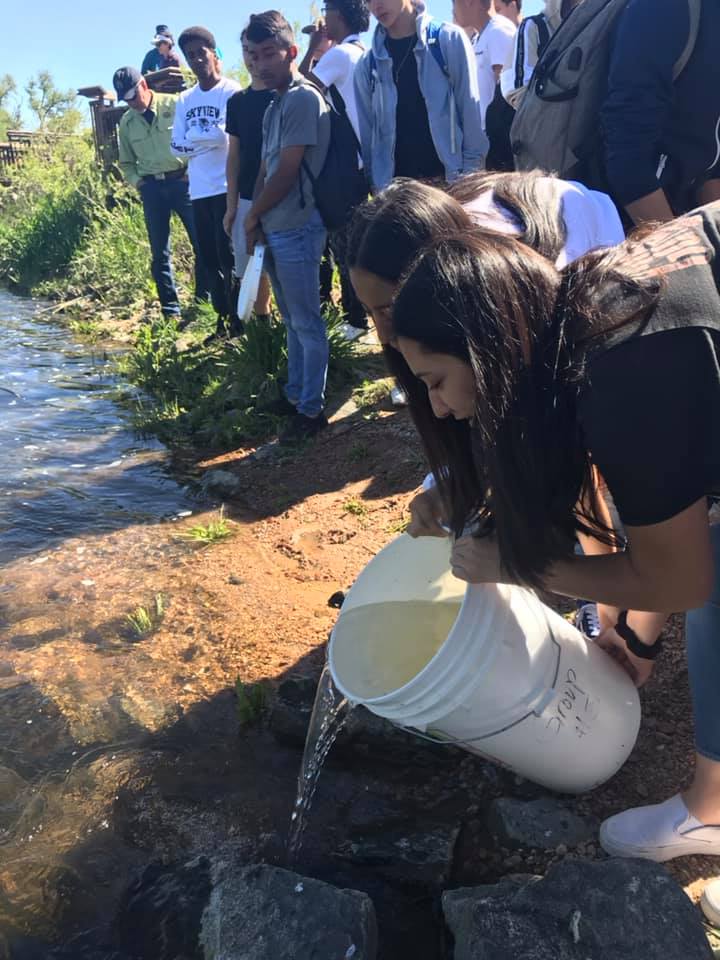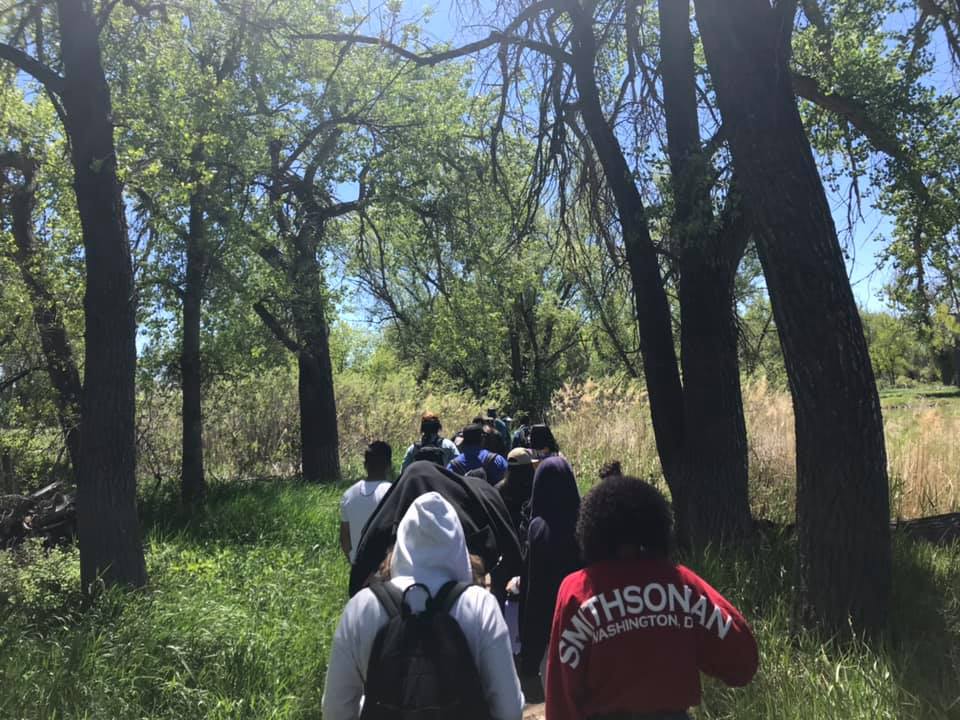Confluence Park, Denver South Platte River.
Conservation interests enjoyed a partial victory in the Colorado Water Quality Control Commission’s June hearing, in which TU and others opposed a proposal to significantly rollback existing “antidegradation” regulations that restrict the ability of dischargers to degrade existing water quality. The rollback proposal emerged from an unanticipated 2020 decision under which the Commission ignored its own rules and supported designation of portions of the South Platte downstream of Denver as “use protected” – a designation that allows dischargers to degrade water quality that is currently above the floor set by minimum standards. The 2021 proposal would have modified the antidegradation rules that were ignored in 2020, making it easier to adopt other such decisions to weaken protection on other streams across Colorado. While the current standard has generated confusion and is not as strong as TU and others would wish, the proposed rollback would have dramatically weakened it from the existing rule.
The Commission received petitions signed by thousands of people, hundreds of letters, and heard testimony from dozens of members of the public and the two affected local governments – Adams County and Commerce City - pleading to change their June 2020 decision and opposing the proposed rollback of the underlying water quality standards.
Following two hours of deliberations, the Commission made a preliminary decision last Friday to eliminate the troublesome current antidegradation provision, but not until 2031, to allow for a stakeholder process that will look more closely into antidegradation and make recommended changes to the Commission. The decision is a partial win for water quality because it keeps the language of the regulation as is in the interim, rather than replacing it with the original proposal which would have significantly rolled back water quality protections. However, while choosing to keep the existing language as is, the Commission left the door open for more arbitrary decisions over the next 10 years, like its 2020 decision on the South Platte.
At the heart of the controversy is the antidegradation rule’s existing language, which allows degradation of water quality if the Commission deems a stream to be “substantially polluted” by human activity, but only if there is a showing that the pollution is irreversible. Many dischargers advocate the elimination of this requirement as it is a hard test to overcome, simply because pollution caused by human activity tends to be reversible.
Last Friday’s deliberations revealed confusion among some of the Commissioners as to the reason for last year’s South Platte decision, but audio of their deliberations during the June 2020 hearing reveals a belief that antidegradation protection was meant to apply only to “clear mountain streams” and not to urban areas. That belief that has no basis in fact or in the Clean Water Act.
TU was relieved that the Commission’s decision keeps intact the existing rule, with its requirement that antidegradation protection applies unless human-made pollution is shown to be irreversible, rather than rolling that policy back yet further and enabling greater pollution on more streams like the Denver South Platte. However, the Commission’s failure to affirm the current requirement and even discuss revisiting the inconsistent 2020 South Platte decision simply ignores the public’s pleas to better protect the urban waterway.
The Commission’s action leaves the door open for it to, once again, disregard the rule and deprive streams of antidegradation protection for human pollution, even if the damage is reversible, as they did to the South Platte in 2020. TU and other conservationists must remain vigilant and oppose such future site-specific efforts to rollback antidegradation protections. The decision is also troublesome because it creates yet another lengthy stakeholder process that has historically favored well-funded industry voices. Simply put, conservation groups and environmental justice advocates have far fewer resources to engage in such long-term processes, whereas dischargers’ well-paid lawyers and consultants have ample resources to participate. In creating yet another process, the Commission turned a deaf ear to the conservation groups’ plea to level the playing field.
While dismayed that the Commission failed to take stronger action to support antidegradation including on the Denver South Platte, TU is deeply grateful to the members and partners who spoke out and whose voices were instrumental in helping prevent the existing rule from being weakened. We will continue to seek opportunities to ensure that urban rivers including the South Platte enjoy the stronger protections they and their communities deserve.

